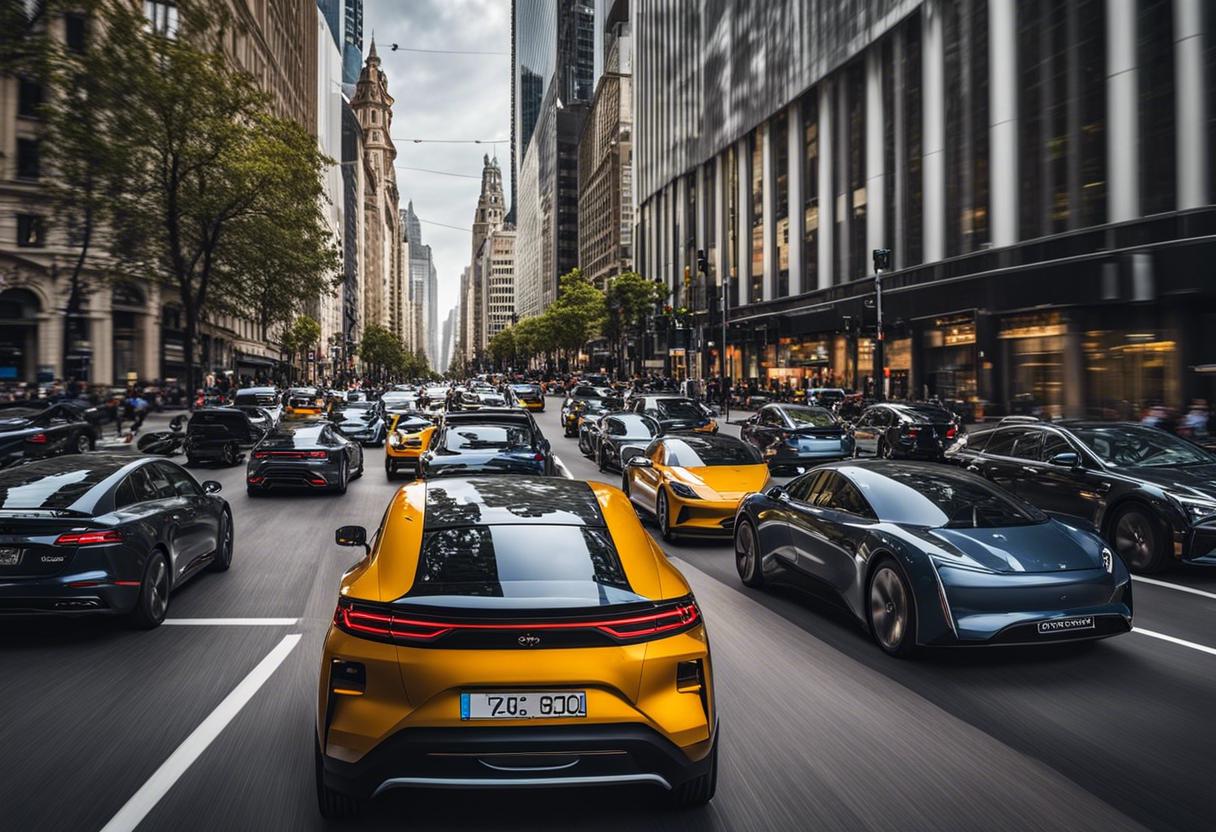New electric vehicle (EV) purchases have gone down by nearly 22% compared to the previous year, resulting in them representing less than 13% of the overall new car market. The decline has occurred in seven out of the nine past months. On the other hand, general new car purchases have seen an increase of 3.8% this year, with May seeing a slight dip in registrations.
Petrol and diesel car sales have seen an upward trend, with petrol models comprising 33.3% of the new car market and diesel vehicles accounting for 23%. Although fully electric vehicles have not been as popular, hybrid vehicles appear to be on the rise with regular hybrids contributing to 22% of sales and plug-in hybrids (PHEVs) forming 9%.
Up to the end of May, new car sales reached a total of 77,453 units. However, in May itself, these sales were down 15% compared to the previous year, amounting to 6,407 units.
Toyota continues to be the leading new car brand with 11,479 registrations, an increase of 8.3% from last year. Volkswagen followed in second place with 8,332 registrations, and then Skoda with 8,012, Hyundai with 7,061 and Kia with 5,559.
The Hyundai Tucson tops the list as the best selling new car with 3,366 registrations, Skoda’s Octavia trails behind at 3,100 registrations and Kia’s Sportage recorded 2,524 registrations.
Brian Cooke, director general of the Society of the Irish Motor Industry (SIMI), adds that a concentrated effort is needed to attract private consumers, the key drivers of EV sales in Ireland. They require reassurance about their EV investments which entails maintaining current incentives and improving electric charging infrastructure. In addition, he calls for a focus on the corporate car market, where Ireland falls behind other markets, and suggests delaying the phase-out of the Benefit-in-Kind (BIK) concession until electric vehicles become firmly established.

